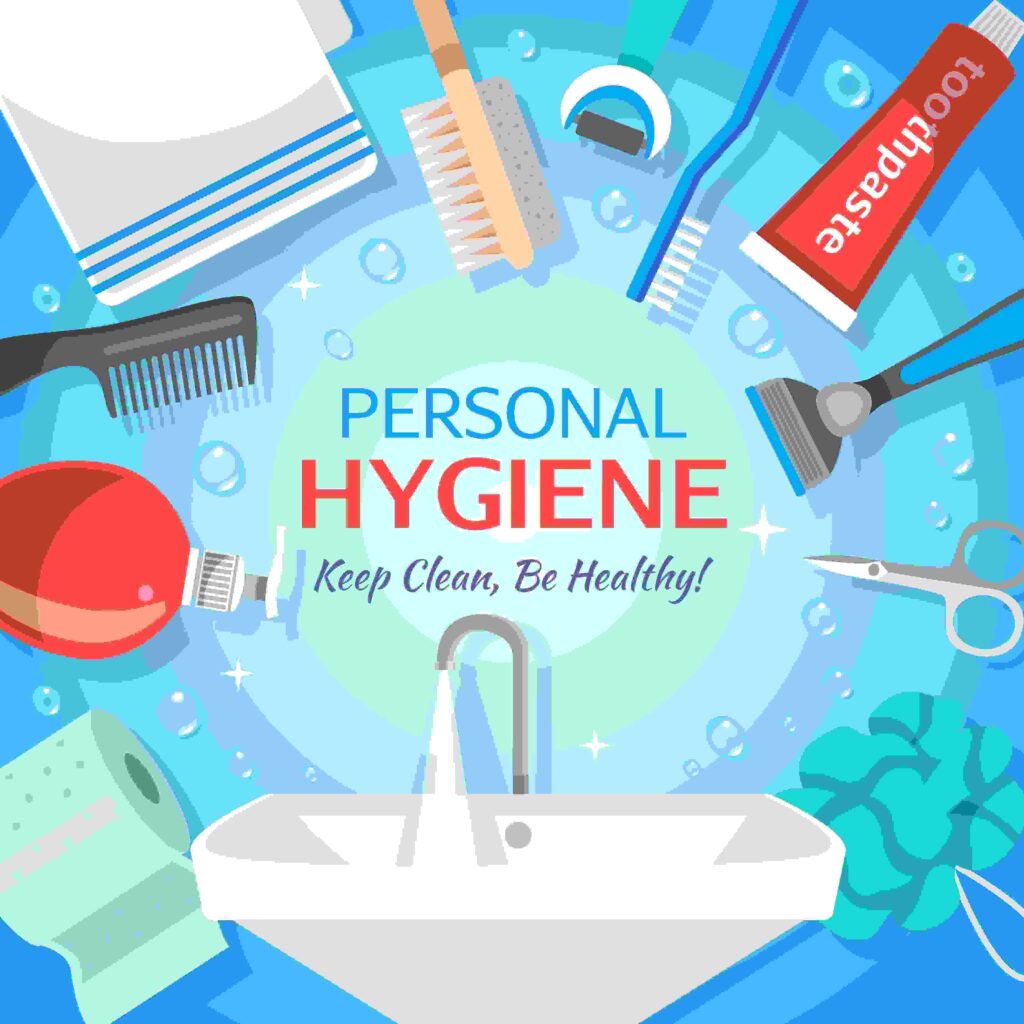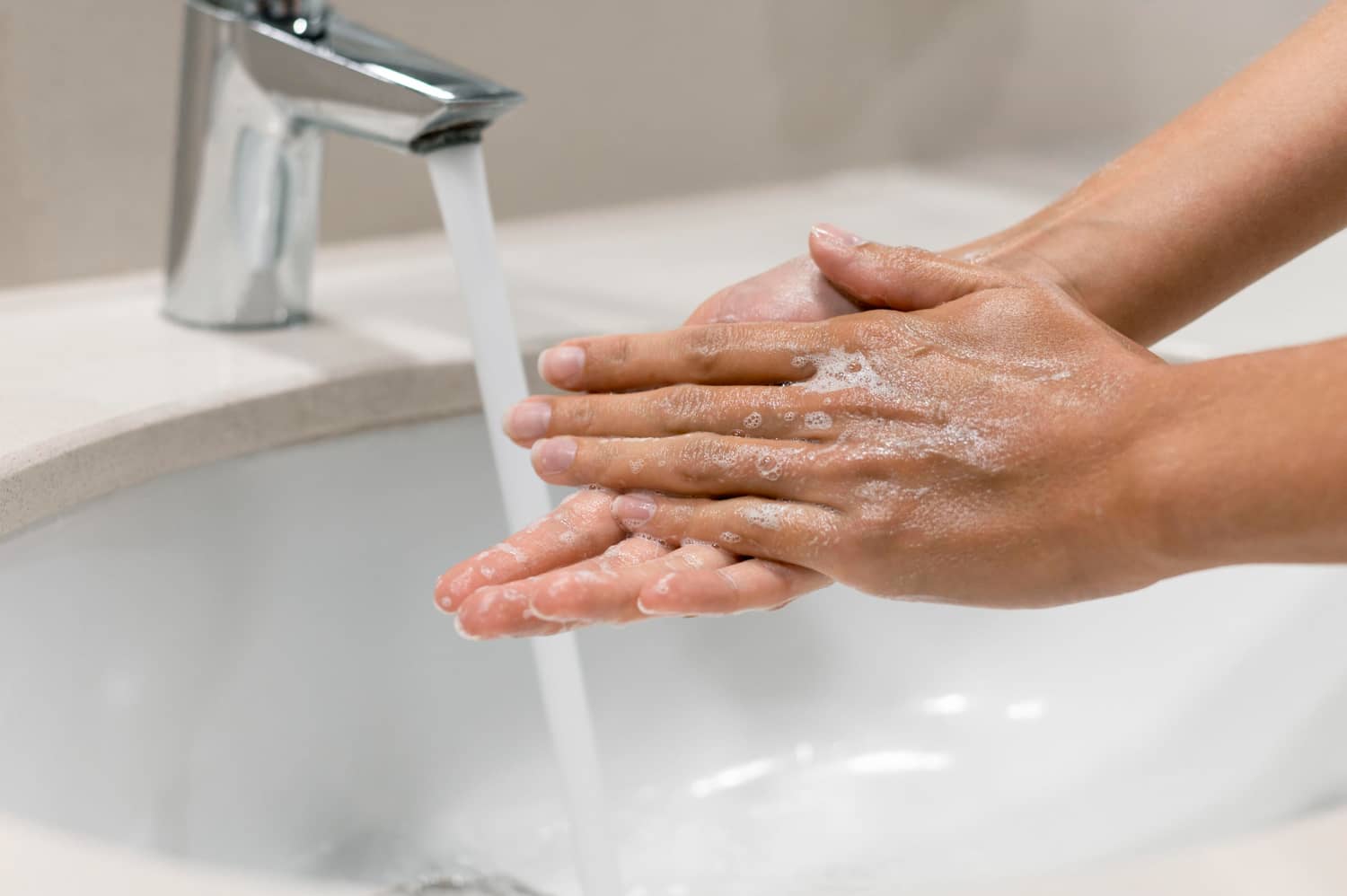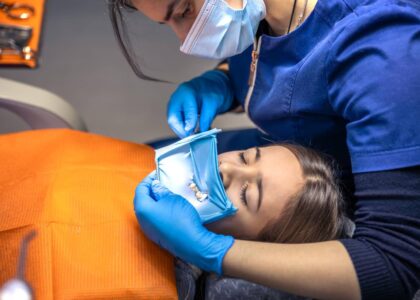Good personal hygiene plays a crucial role in protecting your health, confidence, and overall well-being. But many people still wonder: Which activity is an example of poor personal hygiene?
In simple terms, any habit that allows dirt, bacteria, or body fluids to build up on your body, clothes, or surroundings falls under poor hygiene.
This article explains common examples, why they matter, the risks involved, and how to improve hygiene habits in easy, practical ways.
What Is Poor Personal Hygiene?
Poor personal hygiene refers to habits—or the lack of habits—that allow germs, sweat, odor, and dirt to stay on the body. When hygiene routines are ignored, it becomes easier for infections to spread, skin issues to develop, and social discomfort to increase.
Hygiene problems are not always intentional. Sometimes, they occur due to a lack of awareness, busy schedules, or underlying health conditions. But recognizing them early can help you improve your overall well-being.
Which Activity Is an Example of Poor Personal Hygiene?
The most common example of poor personal hygiene is not washing your hands after using the bathroom.
This activity allows harmful bacteria to spread easily to your food, your face, and the people around you.
However, this is not the only example. Many everyday habits also count as poor hygiene.

Other Examples of Poor Personal Hygiene
1. Not Brushing Your Teeth Regularly
Skipping tooth brushing can lead to bad breath, plaque buildup, gum disease, and cavities. Dental hygiene is one of the most visible signs of personal care.
2. Wearing the Same Clothes for Too Long
Unwashed clothes collect sweat, bacteria, and odor. This includes underwear, socks, gym wear, and work clothes.
3. Not Showering Often Enough
When dirt and sweat stay on your skin for long periods, they create odor, clogged pores, and skin irritation.
4. Not Washing Hands Before Eating
Your hands touch hundreds of surfaces daily. Eating without washing your hands transfers germs directly into your mouth.
5. Ignoring Nail Care
Dirty nails, long untrimmed nails, or nails with visible buildup can trap germs and increase the risk of infections.
6. Not Cleaning Hair and Scalp
An unwashed scalp can lead to dandruff, itchiness, and unpleasant smells. It may also weaken hair follicles.
7. Coughing or Sneezing Without Covering Your Mouth
This spreads bacteria and viruses through the air, especially in shared spaces.
8. Poor Bathroom Hygiene
Not flushing properly, not replacing toilet paper, or leaving the bathroom messy are all signs of poor hygiene.
9. Sharing Personal Items
Sharing items like razors, towels, combs, or toothbrushes can spread bacteria and infections.
These behaviors may seem small, but when repeated, they affect personal health and social interactions.
Why Poor Personal Hygiene Matters?
Poor hygiene does more than cause embarrassment—it directly affects your health. Some of the most common problems include:
1. Spread of Bacterial and Viral Infections
Dirty hands, unclean skin, and unwashed clothes can introduce harmful germs into your body.
2. Skin Problems
Conditions such as acne, fungal infections, and rashes often develop when sweat and dirt build up.
3. Dental Diseases
Poor oral hygiene leads to tooth decay, gum bleeding, and chronic bad breath.
4. Social Impact
People may avoid close contact due to strong body odor, visible dirt, or an unclean appearance. This can affect confidence and relationships.
5. Lower Immune Protection
Regular cleaning removes germs before they enter your body. Poor hygiene does the opposite—it increases exposure.
Signs That Someone May Have Poor Hygiene
Identifying poor hygiene habits can help you take corrective steps. Common signs include:
- frequent body odor
- greasy hair
- stained or wrinkled clothes
- bad breath
- dirty nails
- skin irritation caused by sweat buildup
- noticeable dirt on hands or face
These signs can affect both physical health and emotional well-being.
How to Improve Personal Hygiene Easily
Good hygiene does not require expensive products. Small, daily steps can make a huge difference.
Daily Hygiene Tips:
- Brush your teeth twice a day.
- Shower regularly, especially after sweating.
- Wash your hands after using the bathroom and before eating.
- Wear clean clothes and change underwear daily.
- Keep nails trimmed and clean.
- Wash your face to remove oil and dirt.
Healthy Lifestyle Habits:
- Drink plenty of water to keep your skin clear.
- Eat a balanced diet that supports healthy hair and nails.
- Manage stress, because stress can increase sweat and body odor.
Home Hygiene Tips:
- Wash bedding regularly.
- Clean surfaces that you touch often.
- Keep your bathroom and kitchen dry and clean.
With consistent habits, hygiene becomes easier and more natural.
Final Answer
The most common and clear example is not washing your hands after using the bathroom, but many other everyday habits also reflect poor hygiene.
Any action that allows germs, odor, sweat, or dirt to stay on your body or in your environment can be considered poor personal hygiene.
Improving hygiene does not require big changes—just consistent, simple habits that protect your health and help you feel confident every day.
Disclaimer
We are an educational platform, not professional counselors, therapists, or medical experts. The content on this blog is for informational purposes only and should not be taken as professional parenting, medical, psychological, or legal advice. Every family and child is unique, and what works for one may not work for another. Always seek guidance from qualified professionals before making decisions about your family’s health, education, or well-being. I share my personal experiences here purely for entertainment purposes, so please do not take them too seriously or apply them to yourself without proper consideration.





